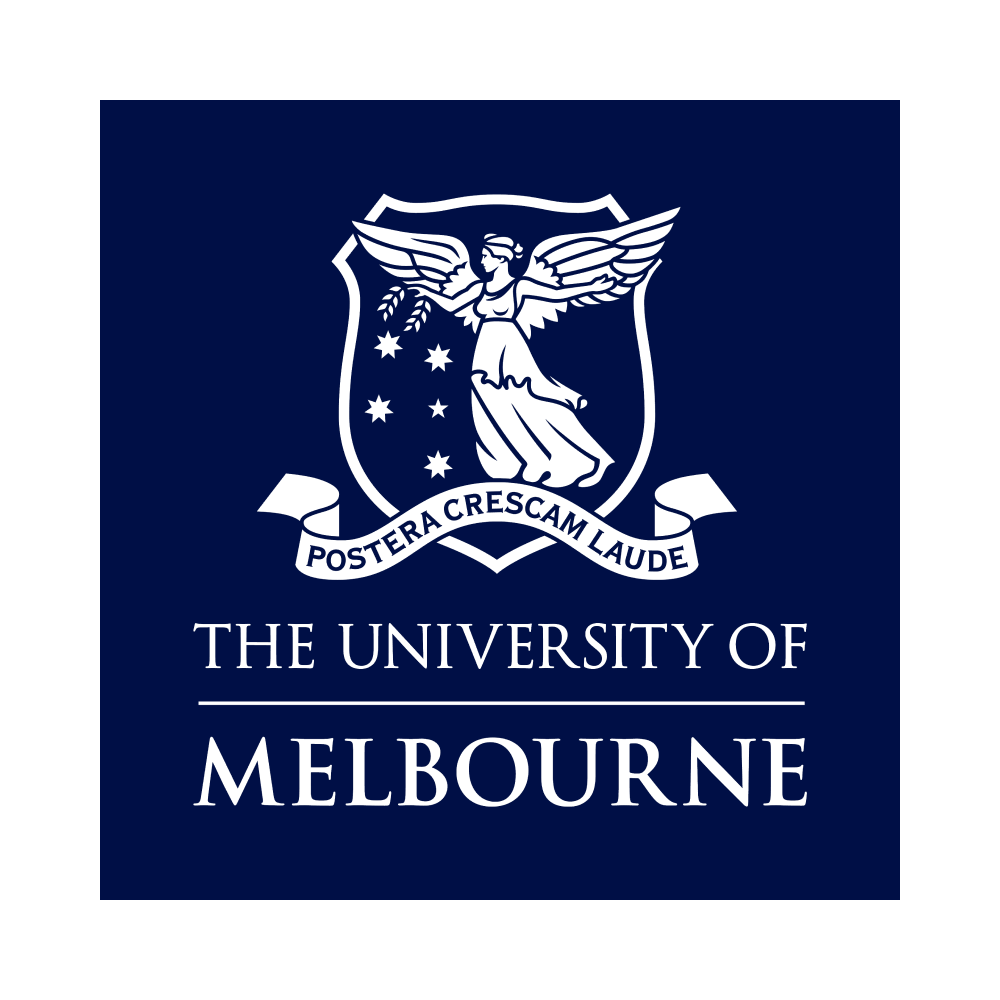University of Melbourne
Graduate Diploma in Global Competition and Consumer Law
- Delivery: Face to Face
- Study Level: Postgraduate
- Duration: 12 months
- Course Type: Graduate Diploma
Designed for students seeking a specialist postgraduate qualification in the global competition and consumer law field.

Course overview
The Graduate Diploma in Global Competition and Consumer Law will challenge and stimulate you with its rigorous approach to learning. You will develop specialist expertise and practical skills in a legal-economic area of great economic and societal significance. This course is international and will allow you to graduate with a valuable worldwide network of accomplished professionals.
One of the most distinctive aspects of this program is the calibre of its instructors. Delivered by Melbourne Law School, the program is delivered by world-leading experts in the field. You will learn from the likes of the former Chairman of the US Federal Trade Commission, former head of the UNCTAD Competition and Consumer Policies Branch and current Chairman of the OECD Competition Committee, amongst many others who have held or hold leadership roles in private practice, competition and consumer authorities, intergovernmental organisations and adjudicatory bodies, in the competition and consumer law field.
This course is also a pathway to further study at the Melbourne Law School. After completing the qualification, you can choose to transfer directly to the Master of Global Competition and Consumer Law (if you don’t already have a degree in the field of law).
Key facts
What you will study
To gain a Graduate Diploma (Global Competition and Consumer Law), you must complete 50 points comprised of four elective subjects. Each subject is valued at 12.5 credit points.
Please note: Foundations: Competition Law and Economics is a prerequisite for other online subjects in the course.
Intensive teaching period (mix of delivery modes)
- Australian Consumer Law
- Chinese Competition Law and Policy
- Competition in Digital Markets
- International Trade and Competition Law
- White Collar Crime
Extended teaching period (online learning)
- Abuse of Market Power
- Australian Merger Law
- Cartels
- Competition Law and Economics
Entry requirements
To be considered for entry into this course, you must have completed the following:
- Bachelor's degree (AQF7) or equivalent in a cognate (relevant) discipline. Cognate (relevant) disciplines include: Law, economics, commerce, or business.
- One year of documented relevant experience.
Relevant experience for this course may include legal roles such as a lawyer, solicitor, advocate, attorney, counsel, barrister, magistrate, or judge's associate or roles in the field of competition and/or consumer policy, law or economics in legal practice, in the private or public sectors, in a government body such as a department responsible for economic policy, a competition or consumer enforcement authority, or related regulatory or enforcement agency or non-governmental organisation.
English language requirements
All applicants to the University of Melbourne must satisfy the English language requirements. This may be achieved in a number of ways, including a recognised previous study taught and assessed entirely in English or an approved English language test.
Contact the university or visit its website for more information.
Recognition of Prior Learning
Prior studies may be credited towards your degree and potentially reduce the duration of your course. This is known as Advanced Standing (also known as credit or recognition of prior learning). Contact the university for more details.
Outcomes
Learning Outcomes
- You will develop a solid understanding of and an ability to apply key economic frameworks and techniques relevant to the policy, law and enforcement in this field.
- You will also gain valuable insights into the political economy of competition policy and its intersection with international trade, as well as other aspects of how competition law works in a globalised world.
- You will examine the challenges and dynamics influencing institutions that administer and enforce competition and consumer laws – principally competition and consumer authorities, but also central prosecutorial agencies, tribunals and courts.
Career Outcomes
RMIT's graduates will go on to make huge strides in their professional careers. They will have a world-recognised qualification, which will place them in a talent pool of sought-after professionals.
This program prepares its students to become effective practitioners in the global field of competition and consumer law — whether as a private practitioner, corporate advisor, compliance professional, public policy-maker, regulator or enforcement agency official, or member of a non-governmental organisation — and gives you the chance to take your career across the world, from Singapore to Delhi and Johannesburg to Washington.
Fees and FEE-HELP
Indicative first-year and total course fee in 2026: $24,992 (domestic full-fee paying place)
The indicative fee shown is based on a full-time study load of 50 credit points (four subjects).
Student fees may vary in accordance with:
- The number of subjects studied per term.
- The choice of major or specialisation.
- Choice of subjects.
- Credit from previous study or work experience.
- Eligibility for government-funded loans.
You may also need to pay the student services and amenities fee.
Student fees shown are subject to change. Contact the university directly to confirm.
FEE-HELP loans are available to assist eligible full-fee paying domestic students with the cost of a university course.








